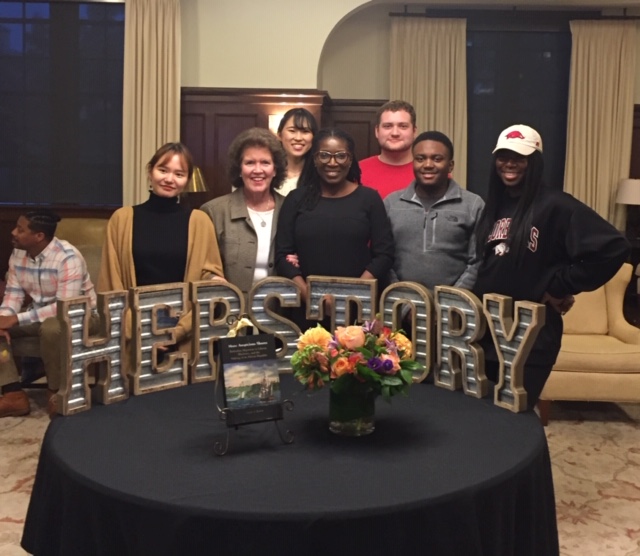CELEBRATING OVER 50 YEARS OF ACADEMIC EXCELLENCE,
SOCIAL CONSCIOUSNESS AND GLOBAL EXPERIENCES
The African and African American Studies Program (AAST) at the University of Arkansas
is an interdisciplinary program that expands on the core disciplines of a traditional
liberal arts education. We explore the legacy of the African diaspora and African
descended people's global experiences. We strive to advance social consciousness,
promote equity, and support the highest level of academic excellence through critical
and global thinking in the classroom and beyond.
Request Info About AAST Learn More About AAST Read Student Profiles

Undergraduate Second Major
There are a number of benefits to gain in pairing your core discipline with a second major in AAST.
View Requirements

Graduate Certificate
A number of graduate students complement their course of study with a graduate certificate in African and African American Studies.
View Requirements
News
The Legacy of BAD Times: African American Student Experiences at the University of Arkansas
Read More
Black History Month
Black History Month is a remembrance of the events in the history of African Americans. Black History Month educates the American people about African-Americans' cultural backgrounds and reputable achievements.
Black History Month Events
Dr. Caree Banton Publishes New Book

In celebration of the release of Dr. Caree Banton's new book "More Auspicious Shores," African and African American Studies, the Honors College, and the history department co-hosted a book reception in her honor.

